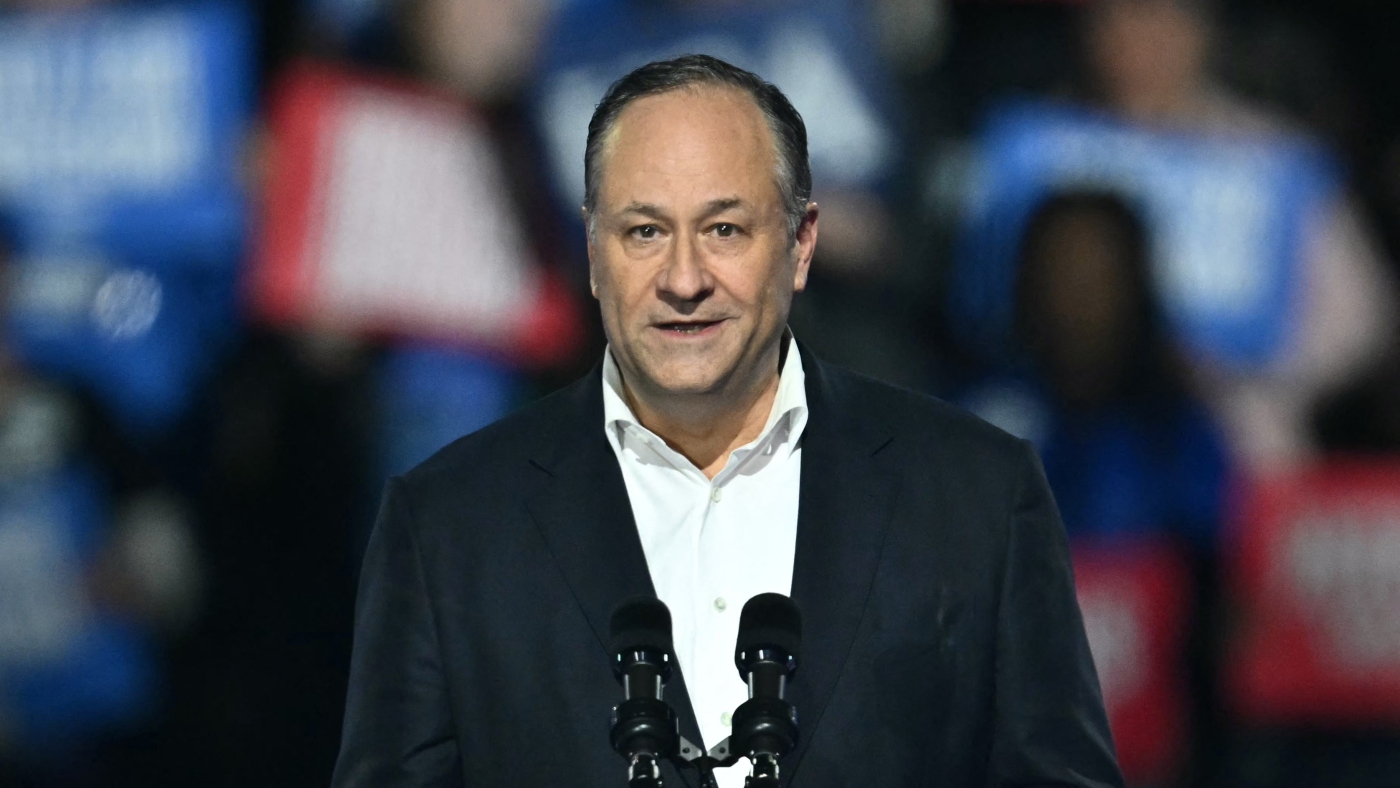The Politicization of the Holocaust Memorial Museum
A Beacon of Remembrance Under Scrutiny
The U.S. Holocaust Memorial Museum, a sanctuary of remembrance and education, has found itself entangled in political turmoil. The recent removal of Biden appointees from its board of trustees has ignited a firestorm of controversy, with critics accusing the Trump administration of attempting to politicize an institution dedicated to one of history’s darkest chapters. This action is not an isolated incident but part of a broader trend of political appointee replacements. However, the specific targeting of the Holocaust museum has raised unique concerns and sparked a critical conversation about the museum’s future and its mission.
The Sacred Mission of the Holocaust Memorial Museum
Established to honor the memory of the six million Jews and other victims of Nazi persecution, the U.S. Holocaust Memorial Museum stands as a solemn testament to the atrocities of the Holocaust. Its mission is clear and profound: to advance knowledge about the Holocaust, preserve the memory of its victims, and inspire visitors to confront hatred, prevent genocide, and uphold human dignity. The board of trustees plays a pivotal role in ensuring that the museum remains a beacon of remembrance and education, guiding its operations and safeguarding its mission.
Political Maneuvers and the Holocaust Museum
The decision to remove Biden appointees from the museum’s board has been met with widespread criticism. Detractors argue that the museum should remain untouched by partisan politics, given the gravity of its mission. The White House, however, has defended the move, asserting that new appointees will continue to uphold the museum’s mission. Yet, skeptics worry that this change could align the museum more closely with the current administration’s views, potentially altering its focus and priorities.
The Larger Picture of Appointee Replacements
The removal of Biden appointees is part of a longstanding practice in American politics, where incoming administrations replace political appointees. Both the Trump and Biden administrations have engaged in this practice, albeit at different scales. While this practice is not new, the targeting of the Holocaust museum has drawn particular scrutiny due to the museum’s unique and sensitive mission.
Navigating the Political Storm
The removal of Biden appointees raises critical questions about the potential impact on the museum’s mission. The board of trustees is instrumental in overseeing the museum’s operations and ensuring it stays true to its core values. The appointment of new board members with differing political views could potentially shift the museum’s focus, affecting its ability to fulfill its mission and maintain its non-partisan integrity.
Public Outcry and the Path Forward
Public reaction to the removals has been divided. Some view the move as an attempt to politicize the Holocaust, while others see it as a necessary part of the political transition. The White House has pledged that new appointees will uphold the museum’s mission, but skepticism persists. This controversy underscores the importance of preserving the museum’s non-partisan status and ensuring it remains a beacon of remembrance and education for future generations.
Preserving the Museum’s Integrity
The future of the Holocaust Memorial Museum hangs in the balance. Its mission is too sacred to be influenced by political agendas. It is imperative that the museum remains a non-partisan institution dedicated to remembrance and education. The appointment of new board members who are committed to this mission will be crucial in ensuring the museum continues to serve as a living memorial to the Holocaust. The recent controversies serve as a stark reminder of the need to maintain the museum’s integrity and keep it above partisan politics.
A Call for Non-Partisanship
The removal of Biden appointees from the Holocaust museum board has sparked a necessary conversation about the museum’s future. While the practice of replacing political appointees is common, the targeting of the Holocaust museum is unprecedented. The museum’s mission is too vital to be swayed by political agendas. It is essential that it remains a non-partisan institution dedicated to remembrance and education. The appointment of new board members who are committed to this mission will be vital in ensuring the museum continues to fulfill its role as a living memorial to the Holocaust. The controversy surrounding the recent dismissals serves as a reminder of the importance of maintaining the museum’s integrity and ensuring that it remains above partisan politics. The future of the Holocaust Memorial Museum depends on its ability to remain a beacon of remembrance and education for future generations, and it is the responsibility of all who care about its mission to ensure that it continues to fulfill this vital role.

